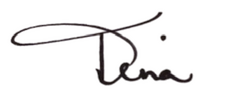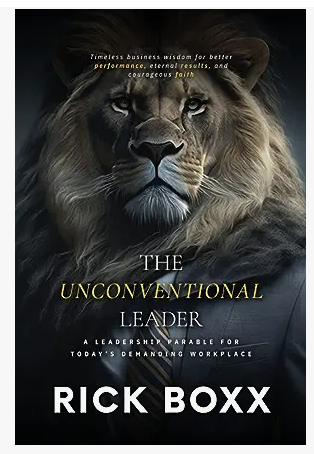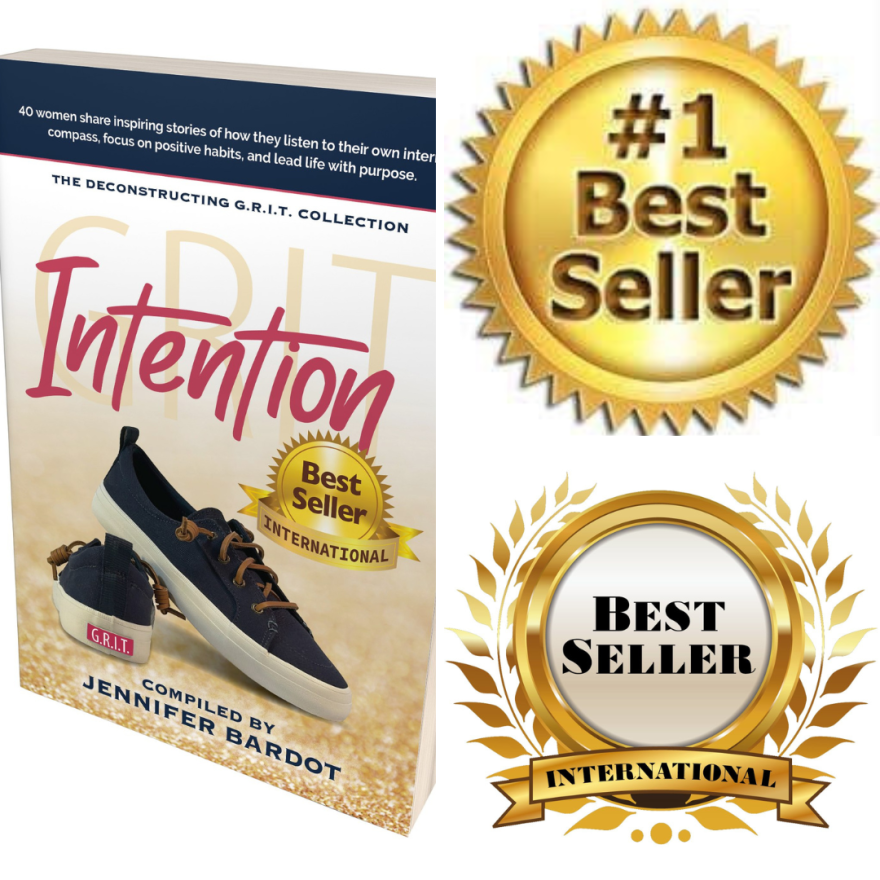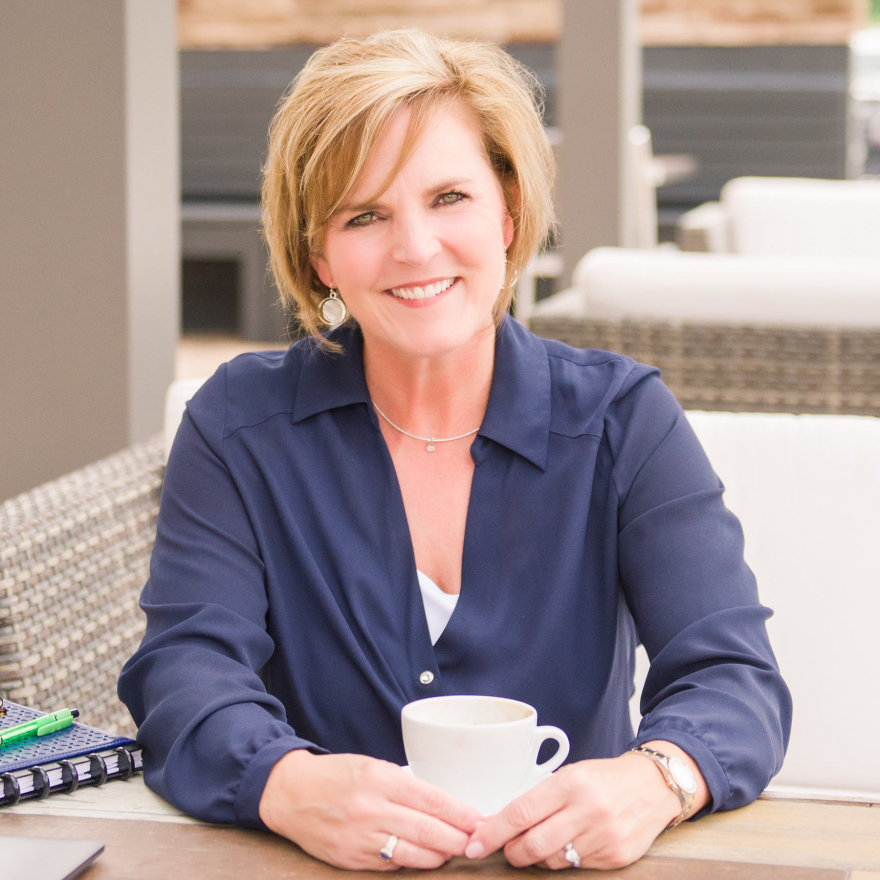|
August 8, 2023
Hi Tina,
Now more than ever, we have multiple generations working and living together, and communication can be a challenge. In this article, discover ways to avoid being defensive when situations arise and tempers heighten.
To your success,

Tina Asher
Business/Career Coach • Trainer • Author
Build U Up Consulting
 Employing Non-Defensive Communication at Work Employing Non-Defensive Communication at Work
 You’re in the break room with a colleague, when he looks over and asks, “Do you always butter your bread that way?” You’re in the break room with a colleague, when he looks over and asks, “Do you always butter your bread that way?”
Ha, ha, you laugh. But inside, your story is going like this: Who does he think he is, Mr. Manners? What’s wrong with the way I butter my bread? Jerk. He’s always so critical.
Freeze frame.
If something as minor as buttering bread can provoke such feelings of defensiveness, imagine what can happen with more important issues at work.
What happens, says Sharon Ellison, M.S., is essentially war. Ellison, founder of Powerful Non-Defensive Communication, teaches that the way we communicate with each other uses the same principles and tactics we would use in physical combat, based on the belief that we must protect ourselves by being defensive. As soon as we feel any threat, either of not getting what we want or of being harmed or put down in some way, we choose from among the three basic defensive war maneuvers: surrender, withdrawal, or counterattack.
The myth, says Ellison, is that defensiveness will protect us, that to be open is to be vulnerable and weak. On the contrary, it is being defensive that weakens us. If the people you work with can’t rely on your assessment of your role in a given situation, they’re less likely to trust you.
In a corporate setting, defensiveness can result in power struggles and unnecessary, destructive conflicts. And if you are defensive with customers and clients, you are more likely to lose them.
While you’re busy defending yourself, there’s also not much room for meaningful contact with others. You can’t learn from their feedback or from your own mistakes.
Your defensiveness hurts you the most.
Despite the clear advantages of non-defensiveness, the opposite is pervasive. Ellison estimates that we use 95% of our communication energy being defensive. She describes the six most common defensive reactions as follows:
-
Surrender-Betray. We give in but defend the person’s mistreatment of us, taking the blame ourselves.
-
Surrender-Sabotage. We cooperate outwardly but undermine the person in some way. Passive-aggressive behavior falls into this category.
-
Withdrawal-Escape. We avoid talking to someone by not answering, leaving the room, or changing the subject.
-
Withdrawal-Entrap. We refuse to give information to trap the other person into doing something inappropriate or making a mistake.
-
Counterattack-Justify. We let someone know she was wrong to be upset with us by explaining our own behavior and making excuses.
-
Counterattack-Blame. We attack or judge others to defend ourselves.
 To curb your own defensive reactions, consider some of the following alternatives. To curb your own defensive reactions, consider some of the following alternatives.
- If you feel criticized, rather than reacting or retreating, take a deep breath, tell yourself that it’s only feedback, and just listen. You can correct the record later, if necessary.
- Consider if there is an ounce of truth in the criticism. If there is, acknowledge it and work to improve in that area. Your willingness to acknowledge when you’re wrong inspires colleagues, clients, and management to feel confident in you.
- Realize that sometimes people’s criticisms are all about the “story” they have made up around a situation. Try not to take it personally or as your responsibility.
- When someone uses the words “always” and “never,” ignore those words and focus instead on the rest of the message.
- Listen for the (usually) hidden need expressed in a person’s complaint or anger, acknowledge the need, and then see whether there is something you can do to meet it. For instance, when a customer is complaining about your “defective” product, what he may need is to feel stable and secure, or to be able to rely on your product. Address that need in a clear and compassionate manner, and you’ll regain not only his confidence, but his loyalty as well.
Changing how we communicate as individuals—learning that we can protect ourselves and have greater influence without using defensiveness—can not only dramatically shift our professional and personal relationships but can also improve the bottom line.
Author’s content used under license, © Claire Communications

 Recommended Reading Recommended Reading
 The Unconventional Leader: A leadership parable for today’s demanding workplace by Rick Boxx The Unconventional Leader: A leadership parable for today’s demanding workplace by Rick Boxx
I set a goal to read at least one book a month this year, and so far I’m on track. This was one I truly enjoyed. A quick read, with some practical insights for servant leadership. Grab a copy and let me know what you think.
 Upcoming Event Upcoming Event
 Thank you for your support in helping "INTENTION: Deconstructing G.R.I.T. Collection” reach International Best Seller! Collectively, we achieved Best Selling status in 6 countries - United States, United Kingdom, Brazil, India, Netherlands, and Canada - in a total of 63 Best Selling Categories! Thank you for your support in helping "INTENTION: Deconstructing G.R.I.T. Collection” reach International Best Seller! Collectively, we achieved Best Selling status in 6 countries - United States, United Kingdom, Brazil, India, Netherlands, and Canada - in a total of 63 Best Selling Categories!
My chapter is titled, Own Your Day and it gives you some helpful tips on how to be proactive instead of reactive in your days to help you recharge. Be sure to grab your digital copy for only $3.99 here (USA) so you can read all of the authors inspiring stories.
The paperback copies will be available soon. If you'd prefer to get the paperback, hit reply and I'll add you to my list and let you know when they arrive.
Another new venture I began last month was creating a YouTube channel. I’m still learning the ropes with this video thing and trying to get comfortable with it, but I’d love to have you subscribe and share it with others if you’re inclined to help me broaden the reach with helpful tips and strategies for work and life.


Helpful Resources
Managers & Leaders: Download this free guide to discover where you might be out of balance so you can become a better boss.
Connect with Me: Click here to schedule a complimentary Strategy Session to help you discover your next steps to live your best life and home and work.
  Tina Asher Tina Asher
Career Coach • Trainer • Author
With 20+ years in leading, training, sales management, and coaching, Tina Asher brings a broad skillset to helping busy professionals elevate their success. She holds certifications with one of the world's leading sources for science-based, validated assessment and coaching tools. Tina is passionate about serving others to reach their full potential while balancing a full and productive life.
©2022 Tina Asher & Build U Up Consulting • All Rights Reserved
Know someone who could benefit from this information? Feel free to forward this email.
Did someone forward this to you? Sign up here for your own monthly subscription.
|